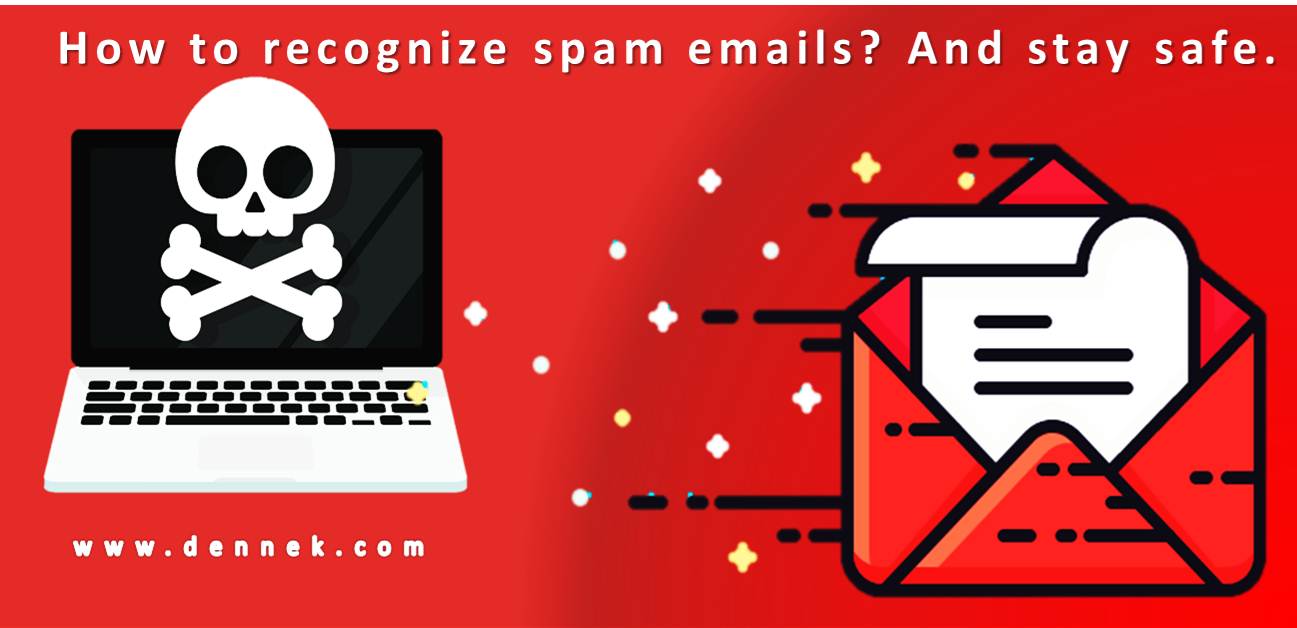We all get spam emails. But how do we distinguish between simple commercial spam and the kinds of emails that are sent with malicious intent?
The unsolicited commercial spam email is mostly easy to identify, but what about more risky types of spam? How can you determine if an email contains a malicious link or attachment, or is trying to scam you out of money or hack your private information?
If you do notice you have received malicious emails in your inbox, and its repeating everyday Reporting as spam and deleting the email is enough?
Here are a few ways you can understand whether the email is spam or not
The sender address isn’t accurate
Check if this email address matches the name of the sender and whether the domain of the company is accurate. To see this, you have to make sure your email client displays the sender’s email address and not just the display name.
The sender doesn’t seem to know you
Is the recipient is written properly in the email, and are you being addressed as you would expect from the sender? If they are pretending to be from a bank you should check their signature, designation, official URL hyperlink, is it from a trusted domain or not.
Suspicious Weblink
First hover over the links in the email. Never click immediately. Does the destination URL has SSL certificate is it the official URL of the specific bank you would expect?
Will it download a suspicious file? When in doubt, Google it and see the official website of the specific bank or company.
The Grammar, Language and the Spelling seems incorrect
Does the email look like an unprofessional email? Is the email full of spelling errors, or does it looks like someone used an online translation service to translate the mail to your language?
The content is strange or unbelievable
Sometimes they offer very attractive money sometimes they people with lost relatives that leave you huge lands or suitcases full of dollars in some far-away country are not as common as these scammers would have us believe.
Now you can easily understand when any email spam is trying to phish for money or other personal credentials by its promises to provide a great gain in return for a small investment. Don’t think twice if you are looking for more help on how to recognize a suspicious or phishing email.


0 Comments